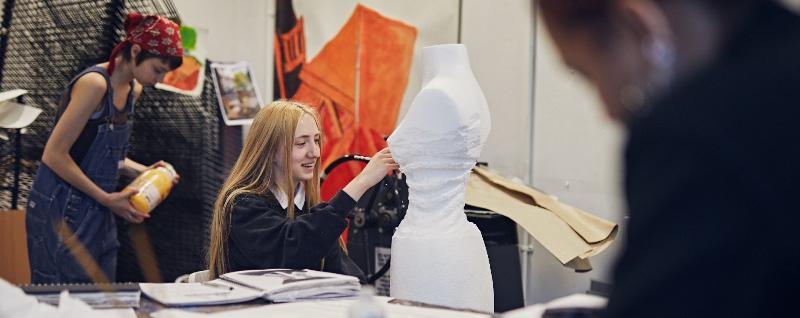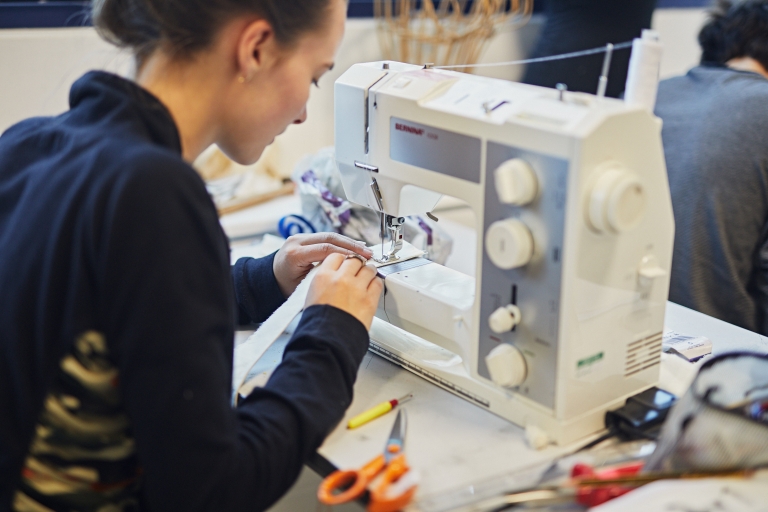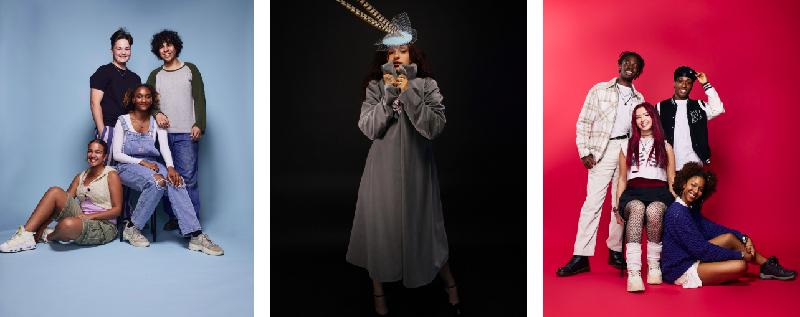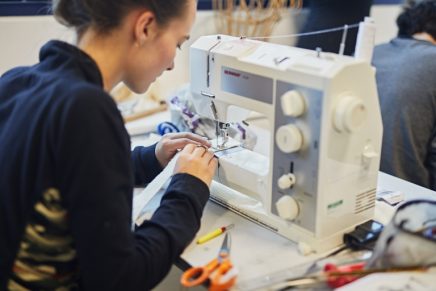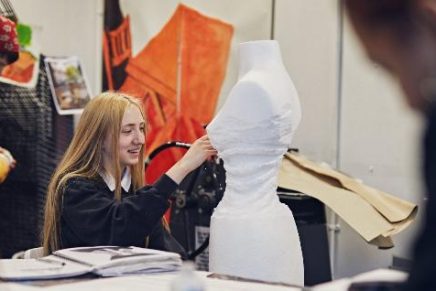Burberry Supports The BRIT School Fashion Programme And Launches Bursary Prize.
Burberry’s Bursary Prize: A Cynical Gesture or True Commitment to Inclusion?
Burberry announced it is partnering with The BRIT School to support fashion education and help young people from global majority backgrounds to enter the creative industry. As part of the two-year partnership, Burberry will sponsor the school’s Fashion, Styling and Textile (FST) course and introduce a Stepping Stones Bursary Prize to final-year students.
In a seemingly altruistic move, luxury fashion brand Burberry has announced its partnership with The BRIT School, a renowned free performing and creative arts school in the UK, to support fashion education and provide opportunities for young people from global majority backgrounds. The collaboration includes the sponsorship of the school’s Fashion, Styling, and Textile (FST) course, as well as the introduction of the Stepping Stones Bursary Prize for final-year students. While this endeavor appears to champion diversity and inclusivity, a closer examination raises questions about Burberry’s intentions and the genuine impact of their involvement.
On the surface, Burberry’s support for The BRIT School’s FST course seems like a commendable initiative, promising world-class facilities, off-site visits, and mentorship programs.
However, one must consider whether Burberry’s involvement is driven by a genuine commitment to fostering diversity and nurturing young talent, or if it is merely an attempt to capitalize on the growing demand for socially responsible business practices. In an industry where authenticity is crucial, this partnership could be perceived as an attempt to enhance Burberry’s brand image rather than a sincere effort to address systemic issues.
The introduction of the Stepping Stones Bursary Prize adds another layer of skepticism. While offering financial support to graduating students from global majority backgrounds is a positive step, the question arises: Why limit this support to only two students? If Burberry truly aims to create a more inclusive pipeline for young creatives, why not extend this assistance to a larger number of individuals? The limited scope of the bursary prize raises concerns about tokenism and performative gestures, rather than creating substantial opportunities for a broader range of students.
Furthermore, the timing of this announcement raises eyebrows. It comes on the heels of Burberry‘s expansion of its Burberry Inspire program, designed to promote creativity and inclusivity. While such initiatives may indeed contribute positively to the industry, they also conveniently align with corporate strategies and marketing agendas. It is crucial to scrutinize whether these initiatives are designed to genuinely transform the fashion industry or if they are strategic moves to bolster Burberry’s image and sales.
A critical perspective also examines the motivations behind partnering with The BRIT School specifically. The school’s outstanding track record and commitment to diversity make it an attractive ally for any brand seeking to enhance its social standing. However, one must ask whether Burberry’s engagement is driven by a sincere desire to uplift marginalized voices or if it is a calculated decision to align with an institution that provides the most favorable optics.
Additionally, the mere financial support offered by Burberry, while valuable, does not address the broader systemic issues within the fashion industry. The lack of diversity in leadership roles, exploitative labor practices, and environmental concerns remain unaddressed by this partnership. In this light, one might question whether Burberry’s efforts are targeting the symptoms rather than the root causes of inequality and injustice.

